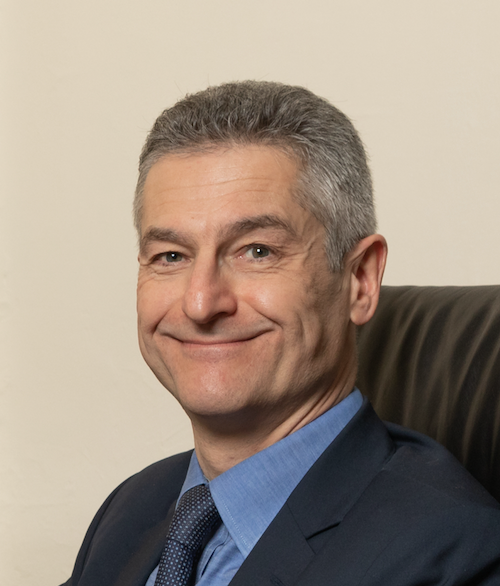“The ketogenic diet has the potential to decrease all-cause mortality without a concomitant increase in cardiovascular-related mortality.”
Link below.
This study examined the potential effects of a ketogenic diet (KD) on mortality risk using data from over 43,000 U.S. adults. Here are the key findings:
1. Higher adherence to a KD was associated with a 24% lower risk of death from any cause over the follow-up period.
2. The KD did not appear to increase the risk of death from cardiovascular disease, despite concerns about its high fat content.
3. The protective effect against all-cause mortality was more pronounced in certain groups, including women, older adults (60+), overweight/obese individuals, and non-smokers.
4. The researchers propose several potential mechanisms for these benefits, including:
– Improved metabolic health and weight loss
– Reduced inflammation
– Enhanced insulin sensitivity
– Neuroprotective effects
– Positive changes to gut bacteria
5. However, the study had some limitations:
– It relied on self-reported dietary data
– It couldn’t directly measure ketosis levels in participants
– As an observational study, it can’t prove cause and effect
The authors conclude that while these results are promising, more research is needed to fully understand the long-term effects of ketogenic diets on health and mortality risk. They emphasize that KDs may not be suitable for everyone and should be undertaken with medical guidance.
Citations:
[1] https://ppl-ai-file-upload.s3.amazonaws.com/web/direct-files/27176464/18d51153-a050-45fc-9444-74d73072d02c/s41598-024-73384-x.pdf

